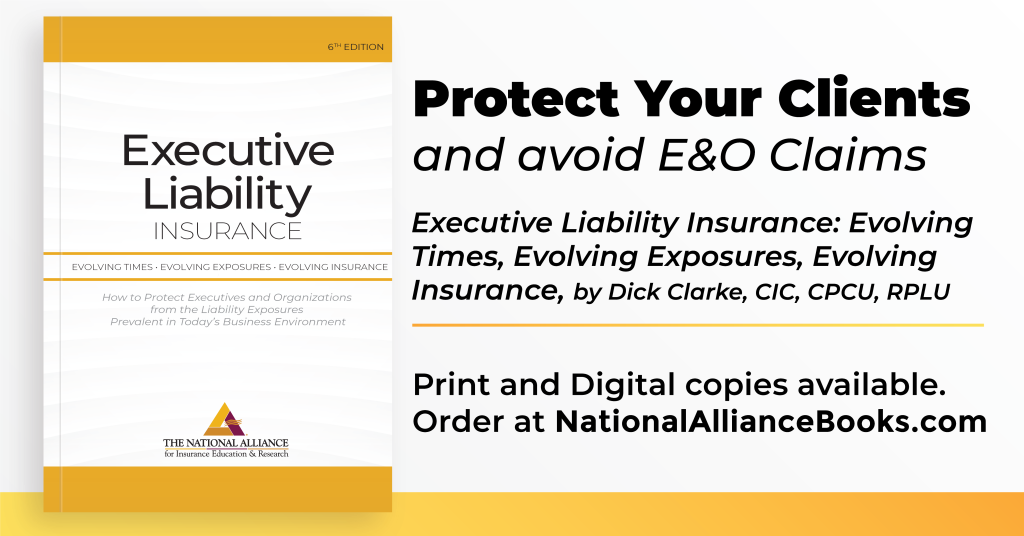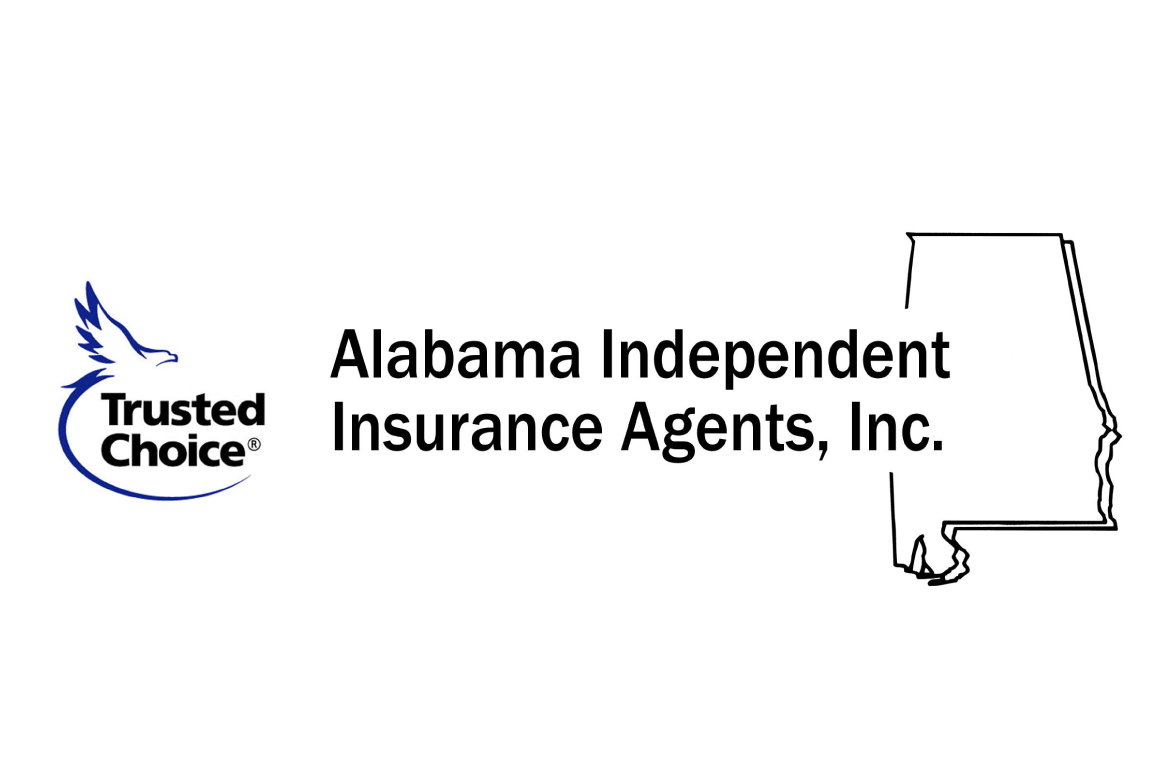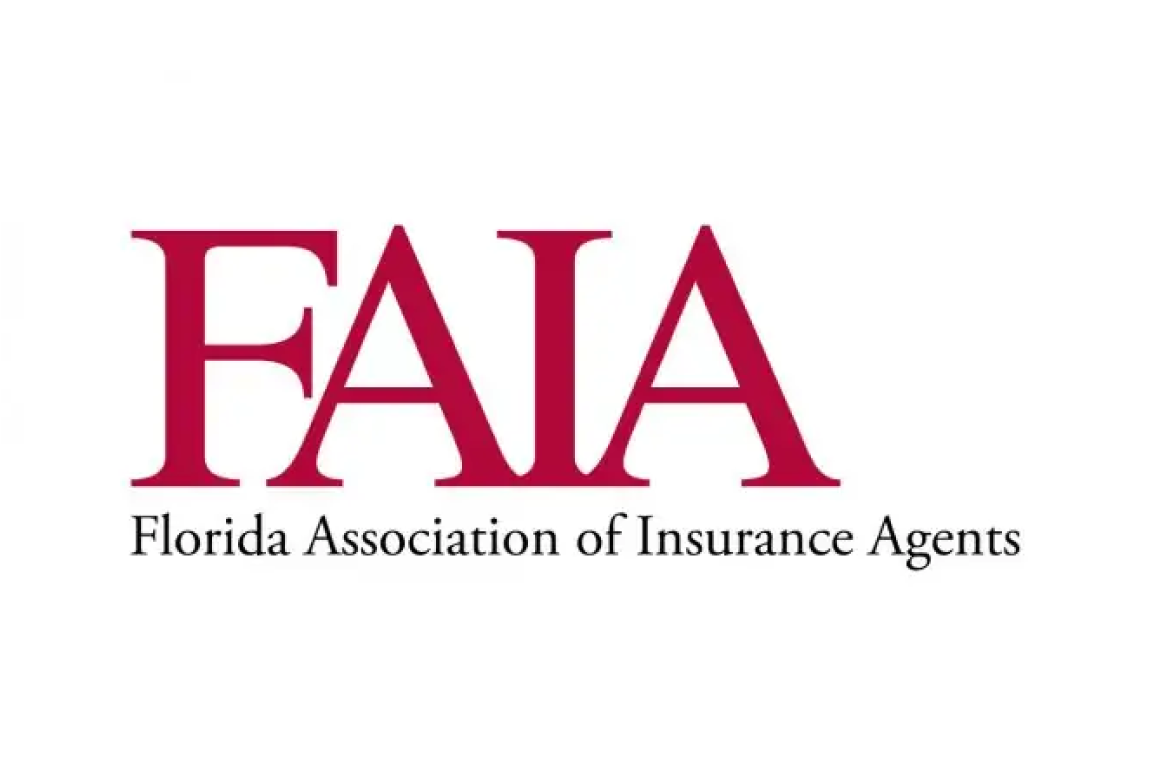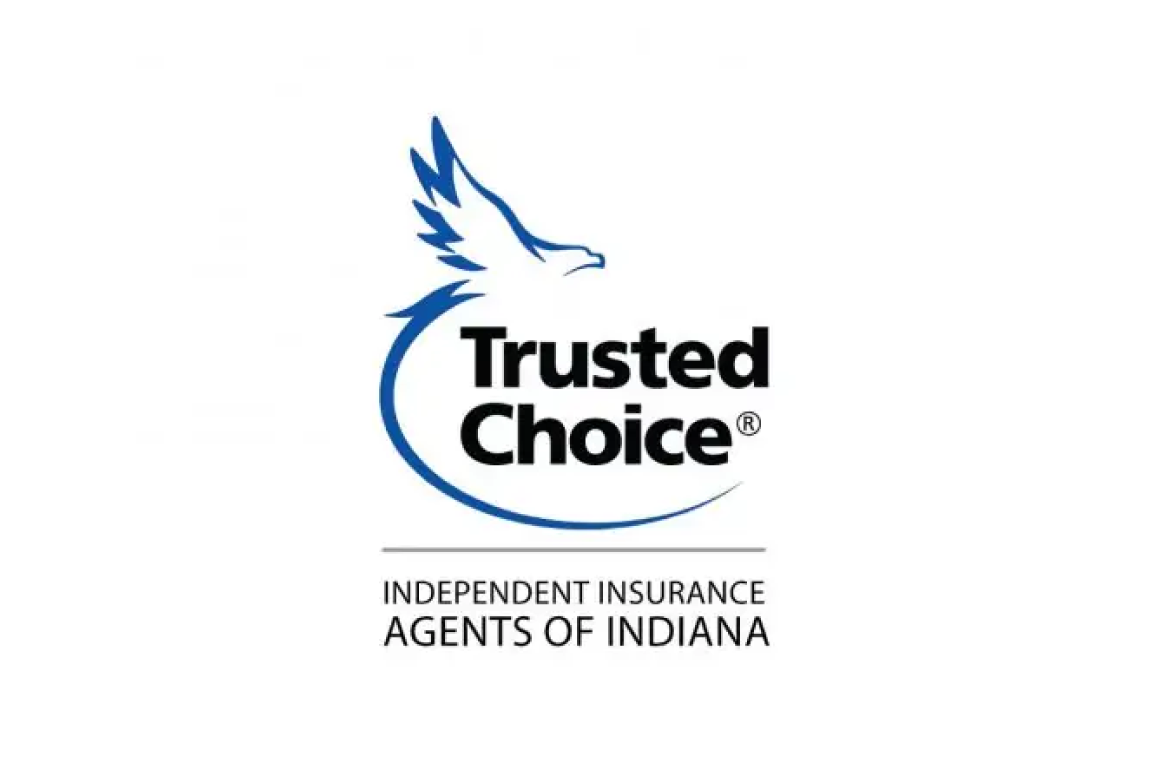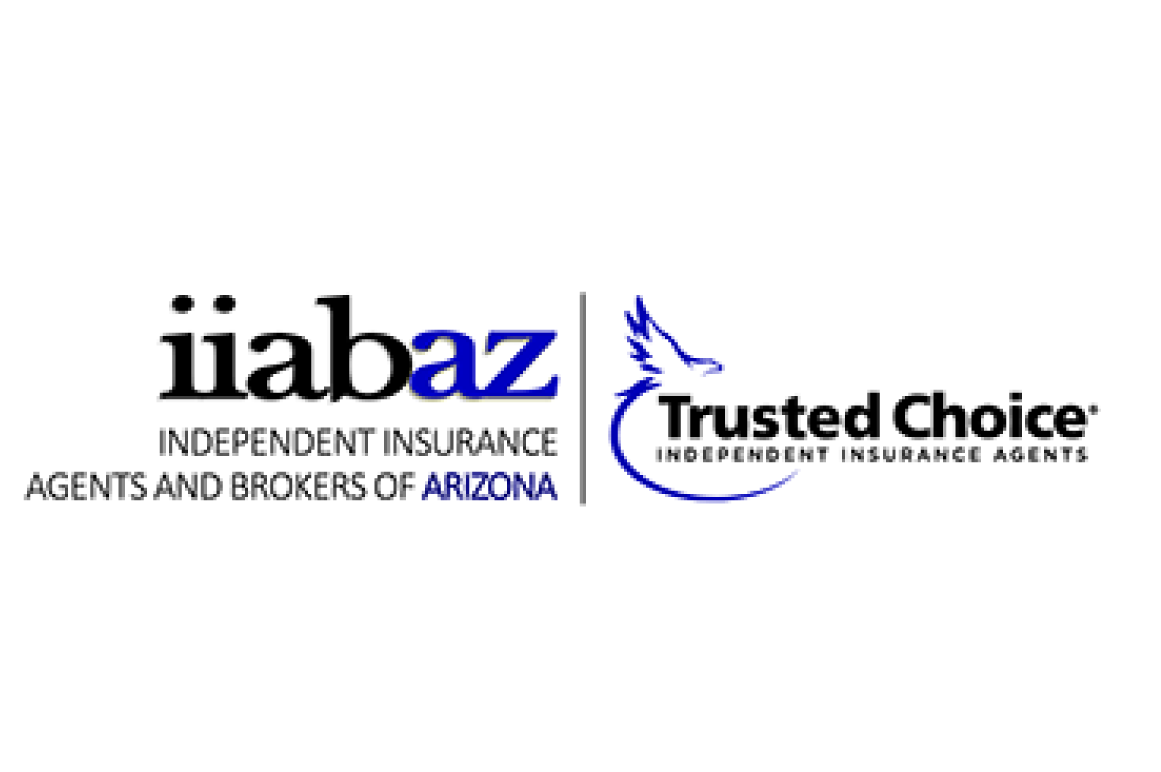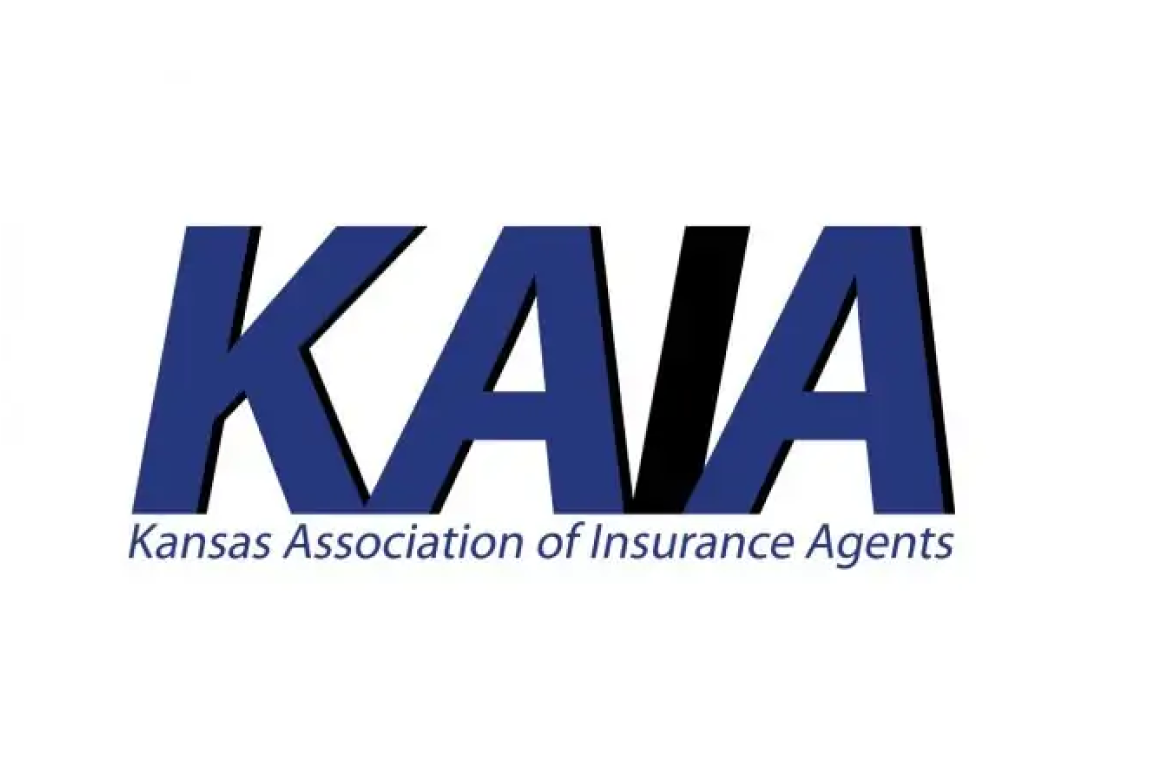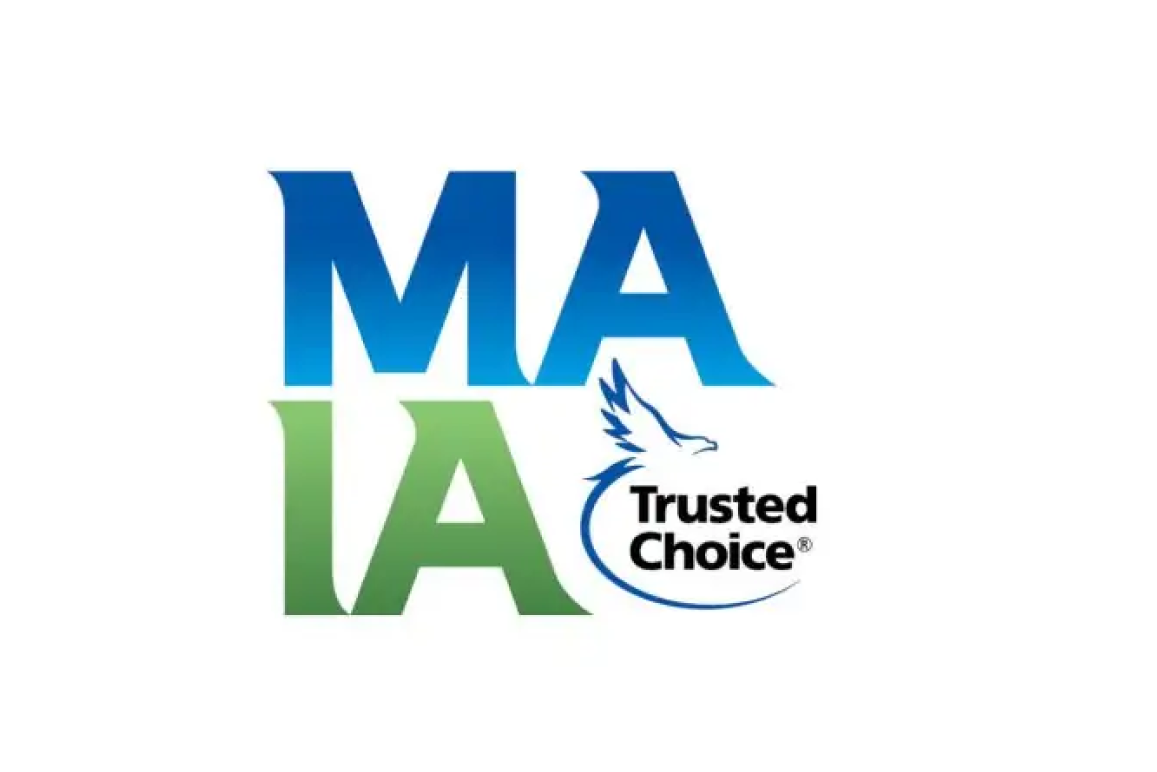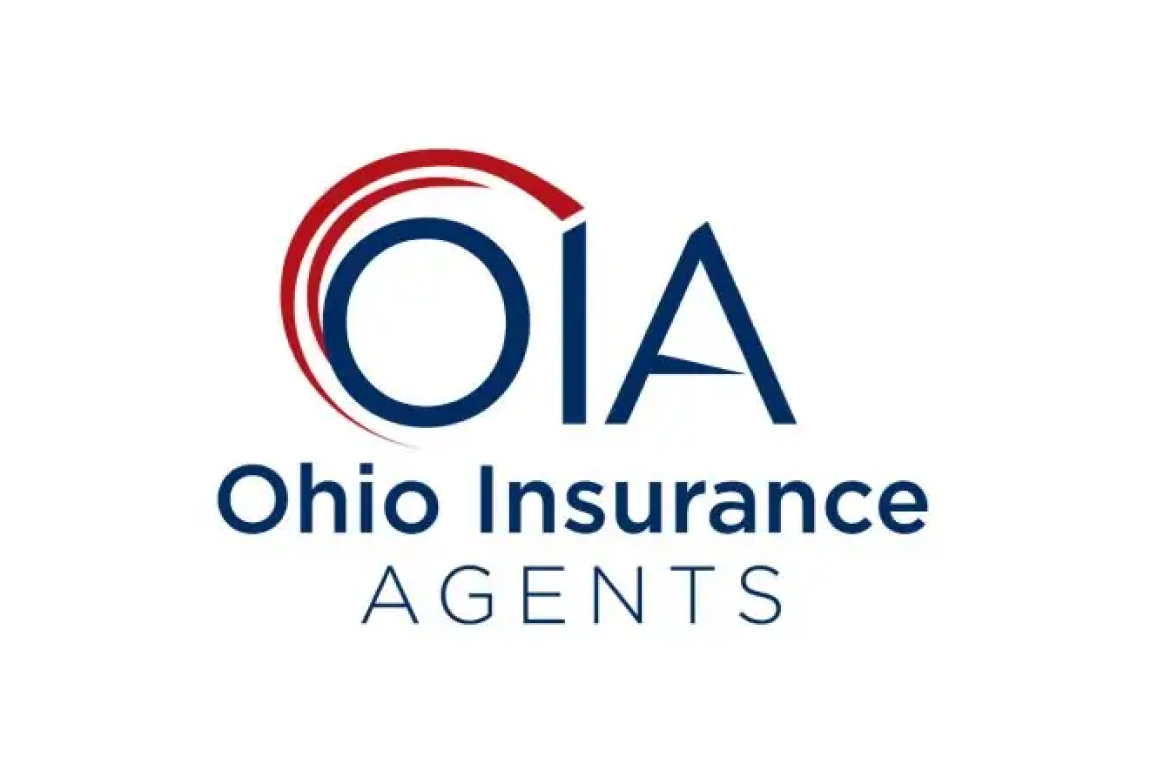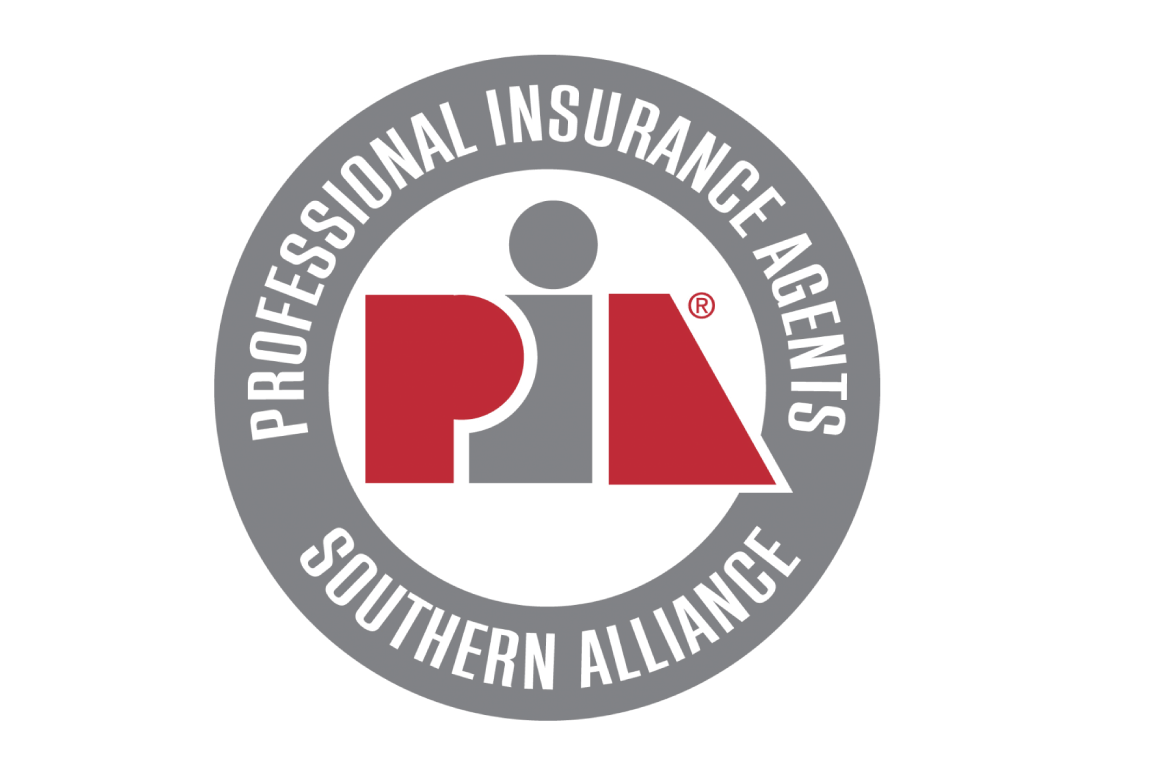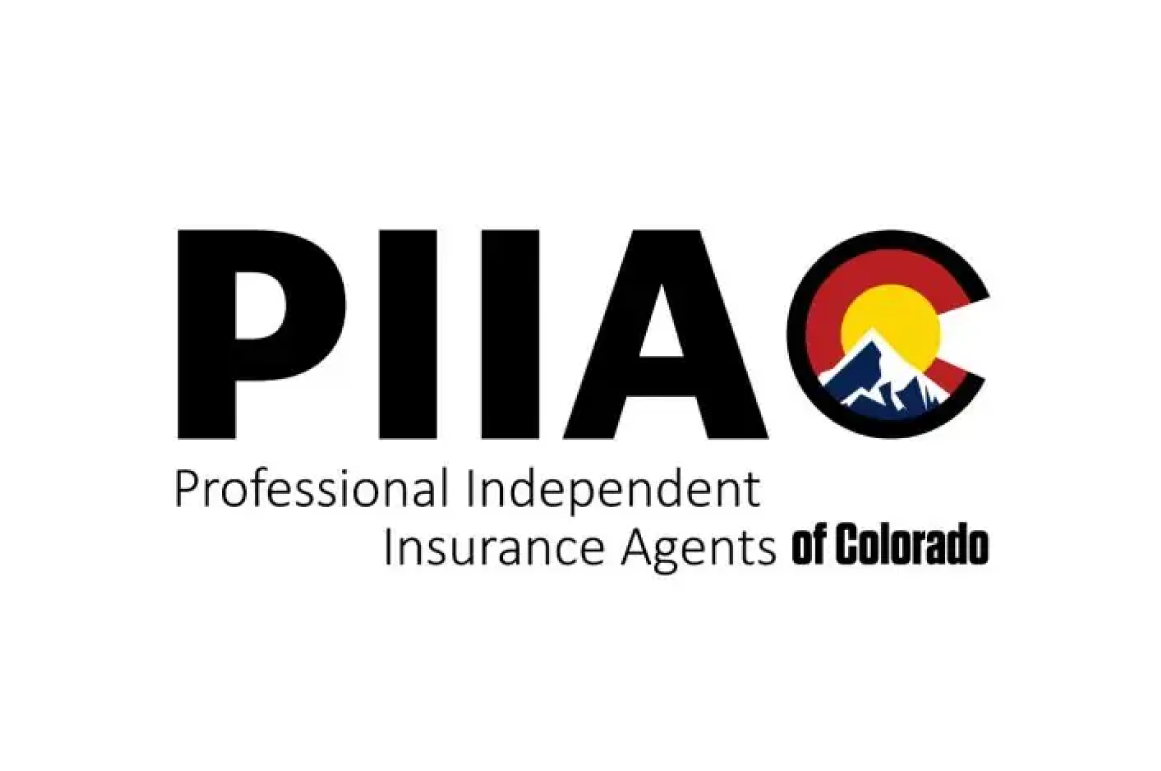The COVID-19 vaccine is slowly becoming available. While the vaccine is free to all Americans, employers face a series of challenges and risks.
Check your State’s Workers’ Compensation statute.
Legal experts say you may require your workforce to be vaccinated before returning, but should you? Here are some questions to consider.
- Will you have a Workers’ Compensation exposure for adverse reactions to the vaccine when you have mandated it?
- Will you need to pay temporary disability benefits if illness lasts beyond your state’s waiting period?
- Should you offer paid time to receive the vaccine and for any recovery time from the initial adverse effects?
- Is this considered compensable? If not, what are your options?
- How will you track compliance and monitor the workforce?
What to consider before terminating a non-compliant worker.
There are acceptable grounds for an employee’s refusal to be vaccinated, most notably “sincerely held” religious beliefs and disability/medical conditions. Before terminating an employee over these issues, employers should determine if any other rights apply under equal opportunity laws or other federal, state, or local orders and guidance. According to OSHA, in those cases, organizations must engage in an interactive process to seek a reasonable accommodation under either the Americans with Disabilities Act or Title VII of the Civil Rights Act. Above all, employers should ensure that decisions to terminate or grant accommodation are not discriminatory and that all employees in a category are treated equally.
| OSHA Guidance Employers cannot automatically terminate workers who refuse the vaccine because of a disability or religious beliefs before first conducting an individualized assessment that considers whether the workers pose a direct threat. |
Disability-related Issues
OSHA stated that employers cannot exclude the employee from the workplace “unless there is no way to provide a reasonable accommodation (absent undue hardship) that would eliminate or reduce this risk, so the unvaccinated employee does not pose a direct threat.”
Courts have defined “undue hardship” under Title VII as having more than a de minimis cost or burden on the employer. The guidance also indicated that employers should conduct an individualized assessment of four factors in determining whether a direct threat exists:
● the duration of the risk
● the nature and severity of the potential harm
● the likelihood that the potential harm will occur
● and the imminence of the potential harm.
| OSHA GuidanceEmployers must also provide a reasonable accommodation if a worker refuses to be vaccinated because of “sincerely held” religious beliefs unless it poses an undue hardship under Title VII of the Civil Rights Act of 1964. |
Refusal to Vaccinate
If workers refuse a vaccine without the extenuating circumstances of a disability or religious belief, employers may terminate, transfer, offer remote work, or place employees on temporary leave. What, then, are the risks and challenges the employer faces in allowing unvaccinated employees to return?
Some employees may refuse to return if all employees are not vaccinated and request to work at home. Does the environment and nature of the employee’s work support this?
Some employees may be unable to obtain vaccines due to their young age and good health. Should the employer phase in the return of those employees? Again, discrimination may raise its head here.
There is no one-size-fits-all solution.
Mandating and monitoring of the vaccine does not eliminate OSHA guidance and compliance or state/city directives. These include cleaning/sanitization of the workplace premises, maintaining social distancing in the workplace, mandating wearing masks, complying with permitted occupancy levels, configuring the physical premises, and taking employees’ temperatures, if necessary.
Employers face a balancing act in terms of providing a safe workplace and the risks associated with requiring the vaccine.
To learn more about Workers’ Compensation register for the CIC Commercial Casualty course. To learn about exposures employers face check out our Executive Liability Insurance publication!




